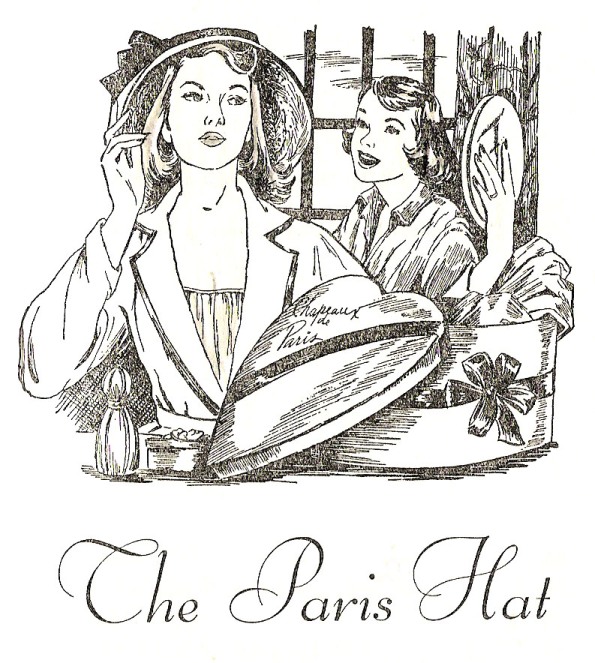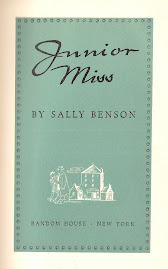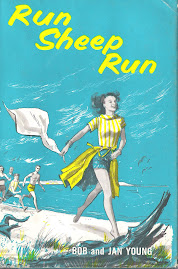 Title: A Valentine for Vinnie
Title: A Valentine for VinnieAuthor: Marjory Hall
Publisher: Funk & Wagnalls, 1965
Cover art: unknown
Setting: a unnamed state with fogs, long winters and towns with names like Rock Harbor and Pine Bay
Provenance: formerly the property of the West Bend Public Library
Fun: inside knowledge of the retail card biz; college weekends; queer old maids
Quote: "Halloween!" she said aloud. "Who ever heard of a such a thing? I never sent a Halloween card, and I never got one either."
Vinnie works in a card shop. After a slow beginning, she discovers that she likes the card shop. She has ideas about the card shop. A new window display, for instance, and better inventory procedures. And the aforementioned Halloween cards. Then there's the good looking salesman (alas, married) who stops by and befriends her. And Ted -- her crush since high school, who comes in to buy a card as well.
Marjory Hall began her writing career in the 1940s, with maltshop romances, and A Valentine for Vinnie seems closer to that era, and genre, than its 1965 publication date would indicate. There is a college weekend -- driving up to meet a date for the big game and a dance -- and a subplot about building the new country club. Vinnie, though not terribly insightful, is pure-hearted and hopeful. But maybe Hall was, by 1965, a little tired. Certainly by about half-way through Valentine she has lost interest in Vinnie. You hear less about the card shop, and more about new characters. And then Ted invites Vinnie to a college dance, and, the day before the dance, uninvites her -- not even in person, but by letter. This could have been the book's emotional core. Instead, Vinnie just has a good cry and decides it's all for the best:
"Her great devotion to Ted had put blinders on her. She hadn't enjoyed the good things, or the right people, all this time. Hal, for example."
Exactly 22 pages later Hal is giving her his pin.












